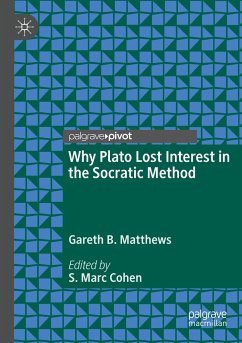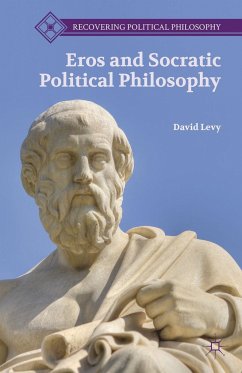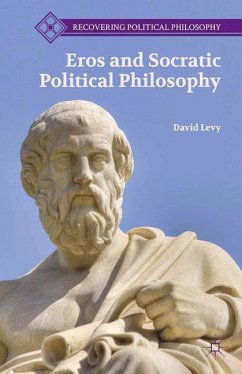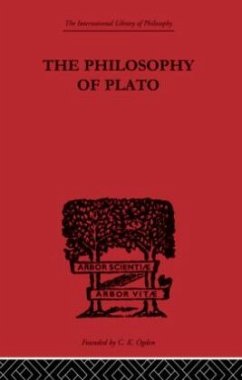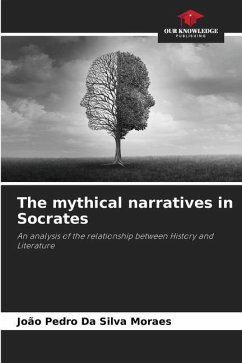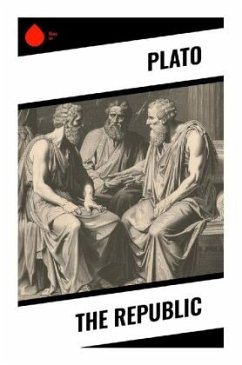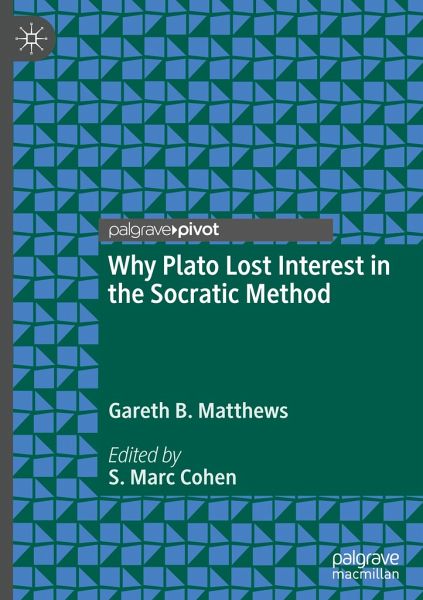
Why Plato Lost Interest in the Socratic Method
Versandkostenfrei!
Versandfertig in 6-10 Tagen
38,99 €
inkl. MwSt.
Weitere Ausgaben:

PAYBACK Punkte
19 °P sammeln!
The Socratic method of questioning and refutation (elenchus) predominates the early Platonic dialogues. But things change in the middle dialogues, as Socrates goes beyond merely asking questions and begins to provide answers to his questions. And the method virtually disappears in the late dialogues. The standard explanation of this phenomenon is that the early dialogues were intended to commemorate Socrates and the elenchus, while in the middle and late dialogues Plato went beyond Socrates to present his own mature philosophical thought. In this book, Matthews revises this explanation by unco...
The Socratic method of questioning and refutation (elenchus) predominates the early Platonic dialogues. But things change in the middle dialogues, as Socrates goes beyond merely asking questions and begins to provide answers to his questions. And the method virtually disappears in the late dialogues. The standard explanation of this phenomenon is that the early dialogues were intended to commemorate Socrates and the elenchus, while in the middle and late dialogues Plato went beyond Socrates to present his own mature philosophical thought. In this book, Matthews revises this explanation by uncovering the shortcomings that Plato came to find in the Socratic method and the reasons why Plato lost interest in it.





